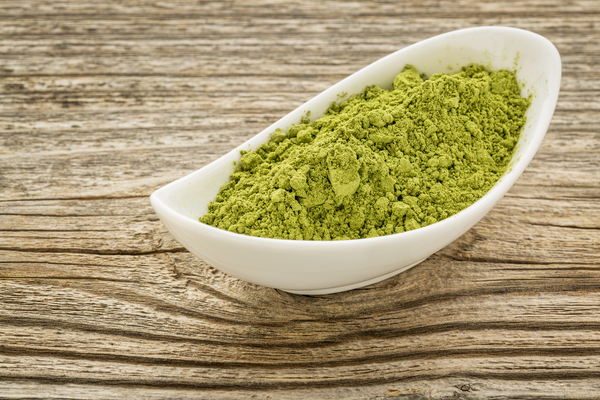Banyan fig

What is the banyan fig?
The banyan fig, also known as Ficus benghalensis, is a large tree species native to the tropical regions of India, Bangladesh and Sri Lanka. This fig is particularly known for its impressive aerial roots, which grow down from the branches and form additional trunks as they reach the ground, giving the tree a ramified, sprawling appearance. The fruits, the banyan figs, are small, round and when ripe, red to purple in color.
Nutritional value and benefits
Rich in nutrients
Banyan figs are rich in vitamins and minerals that are important for your dog's health. They contain vitamin C, which can strengthen the immune system, as well as vitamin A for healthy skin and good eyesight. They also provide a source of various minerals such as calcium and iron, which are essential for strong bones and healthy blood circulation.
Antioxidant properties
These fruits contain antioxidants that can protect cells from free radical damage. This can help prevent disease and slow down the ageing process, making them a valuable addition to an older dog's diet.
Digestive aid
Banyan figs are a good source of fiber, which can aid healthy digestion and prevent constipation. This is particularly beneficial for dogs prone to gastrointestinal problems.
Possible disadvantages and precautions
Allergic reactions
As with any new ingredient, there is a risk of allergic reactions. It is important to monitor your dog closely when eating banyan fig for the first time and consult a vet if there are any signs of allergy, such as skin rashes or stomach upset.
Limited availability and overfeeding
The availability of banyan figs can be limited outside of their native regions, making them a rather exotic and potentially expensive supplement. In addition, as with all treats, care should be taken to feed these fruits only in moderation to avoid obesity and nutrient imbalances.
Unknown long-term effects
As research into the effects of banyan figs on dogs is still in its infancy, the long-term effects of adding such a supplement to their diet are not yet fully understood. It is advisable to consult with a veterinarian before introducing any new ingredient into your dog's diet.
The banyan fig offers an exciting way to add an exotic ingredient to your dog's diet. Its potential benefits, from supporting the immune system to promoting healthy digestion, make it worth considering.
Properties 12
Are you looking for other ingredients with a specific property?
Just click on them to find more.
If you notice any signs of hypersensitivity or poisoning in your dog, you should see your vet immediately. We are not a substitute for a vet, but we try to be as accurate as possible. Every dog reacts differently and we recommend you get a second opinion or consult your vet if in doubt.
Stay healthy and take good care of your four-legged friend!😊
Similar to Banyan fig
The rubber tree plays a central role in the global economy through the production of natural rubber, an essential material in many industries. While this plant is of great benefit to humans, dog...
Moringa oleifera is a fast-growing tree that originated in India and is cultivated in many tropical and subtropical regions of the world. It is also known as the horseradish tree, drumstick tree or...
Dragon tree contains saponins, secondary plant substances that are found in many plants. Saponins have a soap-like effect and foam up when they come into contact with water. They protect the plant...
The common fig (Ficus carica) is a fruit that grows on the tree of the same name, which belongs to the mulberry family (Moraceae). Originally from the Middle East, the fig has spread around the...



